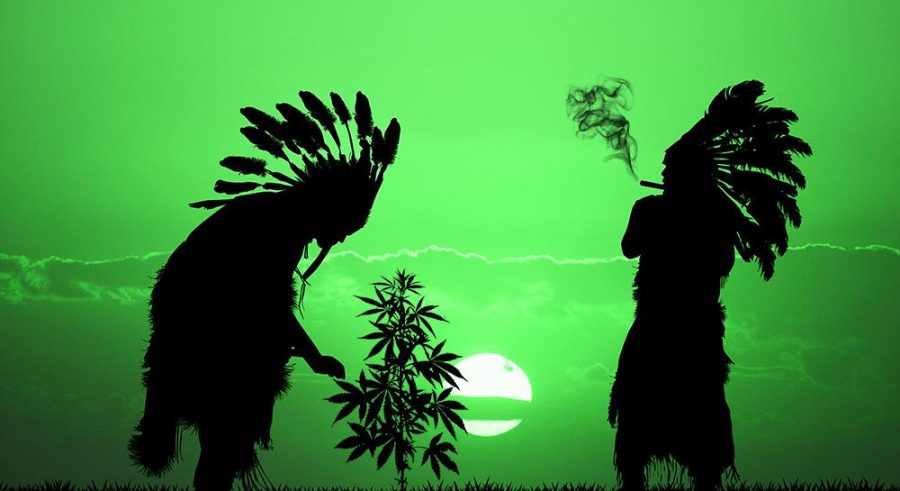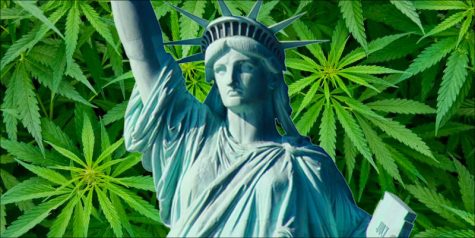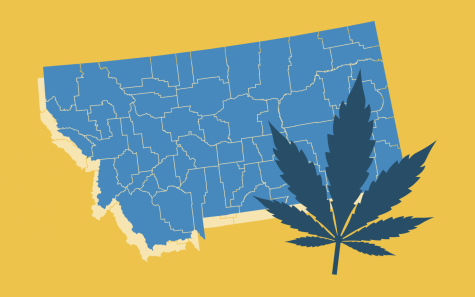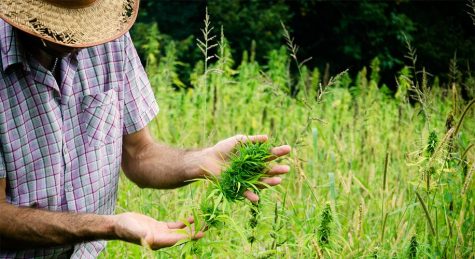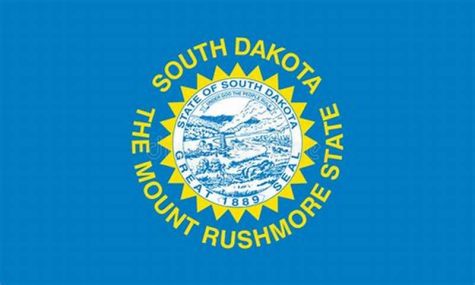Canada’s federal government wants to draft rules for cannabis in First Nations
Prior to the roll-out of legal weed, the Canadian federal government did not engage with First Nations territories to discuss their slice of the pot pie; cannabis excise tax sharing
The lead minister working on the Canadian federal government’s cannabis file has been discussing hashing out regulatory framework for First Nations in Ottawa.
Cannabis has been legal in Canada since October 2018, when the Cannabis act – A.K.A “Bill C-45” – went into effect. Once cannabis was legalized countrywide, the federal government failed to include First Nations territories in their plans.
Following its enactment, Ottawa decided to eliminate First Nations territories from benefiting as part of the North American country’s revenue-sharing scheme. Currently, Ottawa shares cannabis excise tax revenues with provincial and territorial governments; 25-75 percent.
“They left us behind when they started going down that channel,” said the Chief (Onekanew) of Opaskwayak Cree Nation, Christian Sinclair.

Sinclair is just one of the First Nations’ chiefs who has been attending meetings to discuss Canada’s legal cannabis industry, which is overseen by Health Canada. Retail product distribution is overseen by provincial and territorial governments, which has made it difficult for the First Nations cannabis industry to get off to a good start.
The chief of Opaskwayak Cree Nation says his community invested in Canada’s legal cannabis industry early on, with his indigenous community funneling funds into National Access Cannabis.
Additionally, the indigenous community owns a chain of retail stores that stock products – Meta Cannabis.
Organized Crime Reduction Minister says feds will work on a “nation-to-nation” basis for First Nations cannabis
/https://www.thestar.com/content/dam/thestar/news/federal-election/federal-ridings-toronto-gta/2015/10/19/bill-blair-wins-scarborough-southwest/billblairlib.jpg)
On Thursday, August 22, Organized Crime Reduction Minister Bill Blair hosted a teleconference with First Nations leaders.
In addition to this, he had previously participated in various meetings with the chiefs of indigenous communities to discuss executing a plan that would grant First Nations equal participation in the cannabis industry.
A statement was composed by his office via email, urging the federal government to “engage” with the leaders of indigenous territories on a “nation-to-nation” basis.
According to Blair, the Prime Minister’s Office has taken notice of the situation at hand and will deal with the issue, “bilaterally, if necessary.”
“We both acknowledge that this is a complicated situation. But there’s no reason why it can’t be solved,” Blair announced to First Nations leaders during a meeting in Ottawa on July 16. “The prime minister has been very clear that he wants this resolved in a nation-to-nation way.”
First Nations cannabis: Canada needs to respect indigenous cannabis laws
Since cannabis became legal in Canada under the terms of the Cannabis Act that was effectuated in October of last year, limited amounts of cannabis was legalized for sale, production and consumption across the “Great White North.”
The problem for Indigenous regions in Canada was that the law left it up to each province and territory to enact their own set of rules within their jurisdictions. Prior to the roll-out of legal weed, the Canadian federal government did not engage with First Nations territories to discuss their slice of the pot pie; cannabis excise tax sharing.
As an industry predicted to be valued at $5 billion by 2021, Canada’s legal weed market could provide Indigenous regions with much-needed economic benefits and jobs. However, legislative framework is unlikely to surface until October’s federal election, if it happens.
Senior officials from Health Canada will also meet with First Nations leaders to talk about the issue in the coming weeks.



